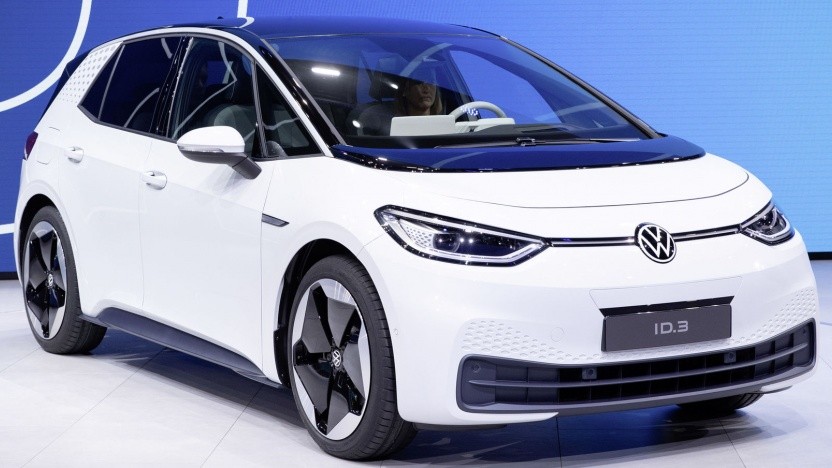If more and more electric cars and fewer and fewer burners are sold, it costs jobs in the German auto industry. Up to 125,000 jobs could be lost in the next ten years.
September 30, 2019, 7:53 am,
Michael Linden

The new Volkswagen ID.3.
(Image: Volkswagen)
The automotive industry and its supply industry in Germany have to adjust to a huge job reduction in the wake of rising sales of electric cars. According to calculations by the Center Automotive Research (CAR) of the University of Duisburg-Essen, up to 234,000 jobs are lost, only 109,000 jobs are to be created. The bottom line remains a loss of 125,000 jobs, the World on Sunday citing the study.
Job market
Dataport, Bremen, Altenholz near Kiel, Magdeburg, Halle (Saale), Hamburg, Rostock
Schaeffler Technologies AG & Co. KG, Herzogenaurach
An important assumption of the analysis: in ten years, two-thirds of new vehicles produced in Germany will be pure electric cars. Particularly at risk are jobs in production and less in development departments. The reason lies in the lower complexity of electric drives compared to internal combustion engines.
Due to the structural change, the number of employees in the car industry in Germany will fall from currently 834,000 to 709,000 people, write the authors of the study.
The suppliers could be particularly hard hit. Continental announced as many as 7,000 jobs over the next decade
To delete or relocate Germany. Even Bosch and the car manufacturers Daimler and BMW want to reduce their costs, but did not yet give precise figures on a possible job cuts.
The federal government and the so-called car countries Bavaria, Baden-Wuerttemberg and Lower Saxony want to meet on December 10, 2019, to advise on aid for the industry. At the same time, the Federal Government intends to use the climate package to promote the promotion of electric cars and the development of the charging infrastructure.
Also on this topic:
Topics Pages:
electromobility
automobile
Federal government
electric car
sustainability
technology
science
